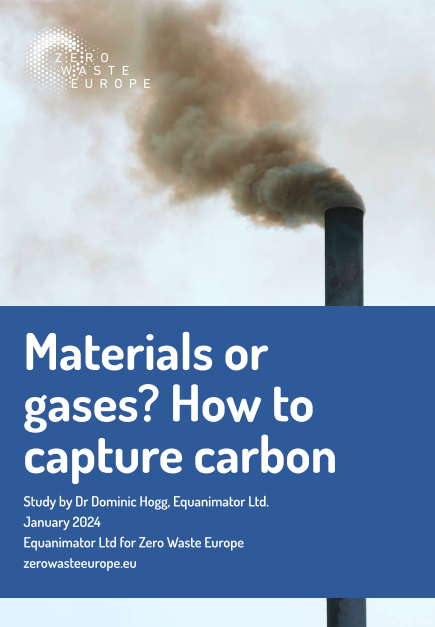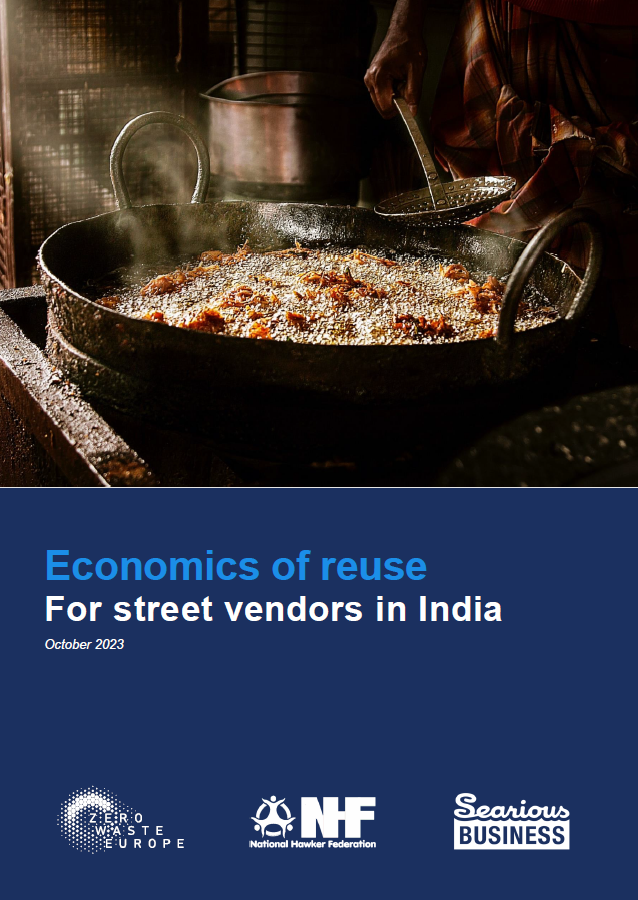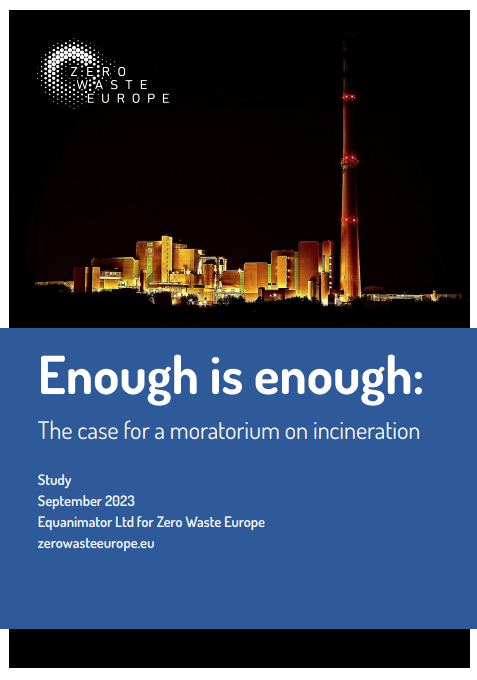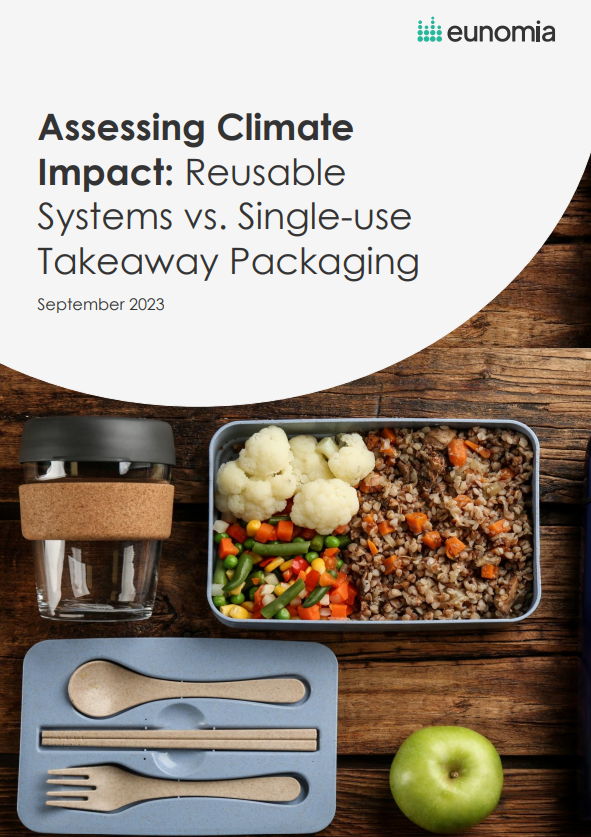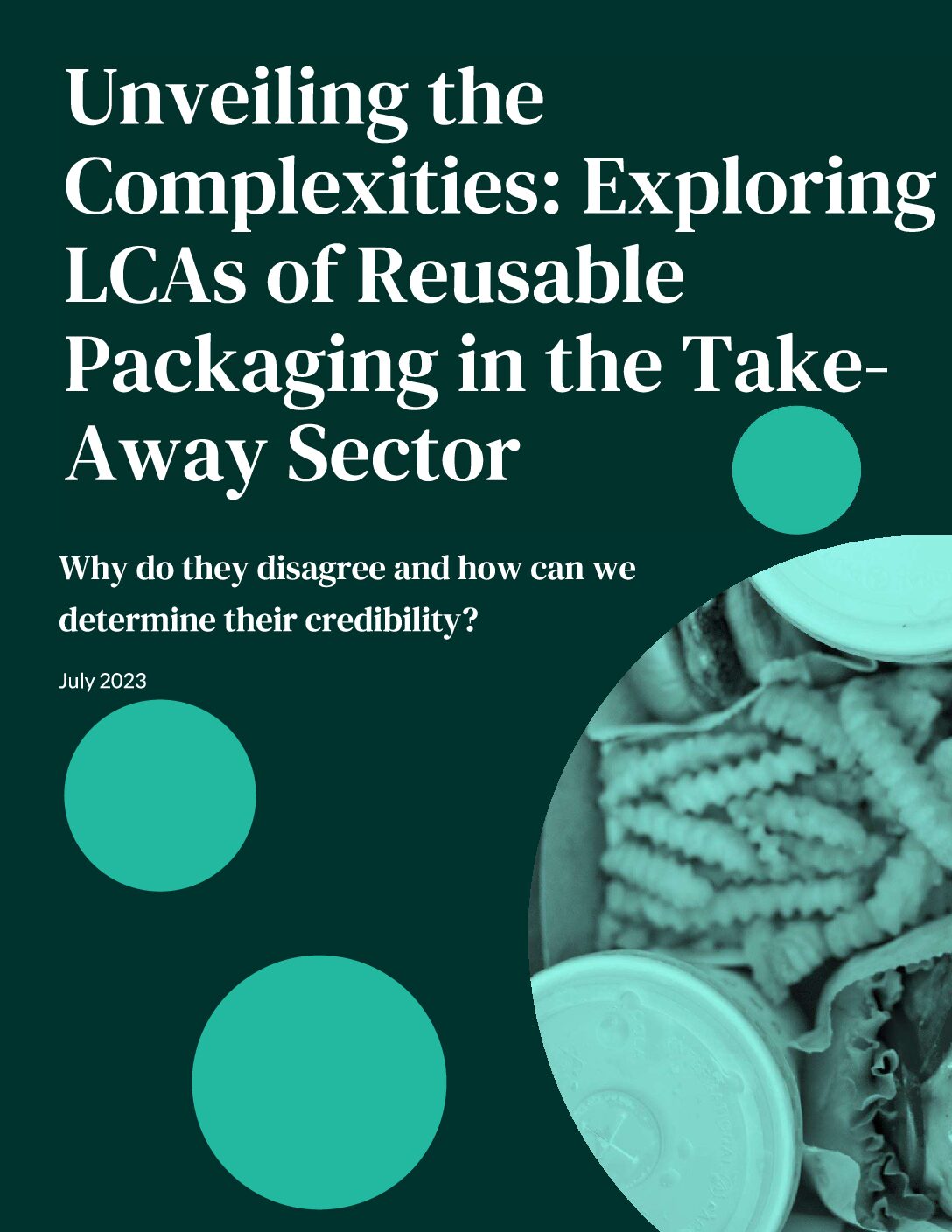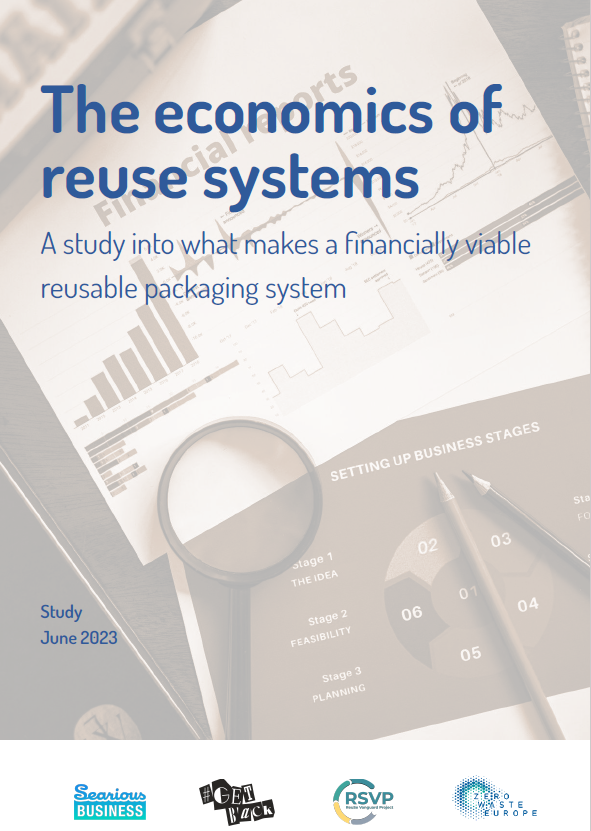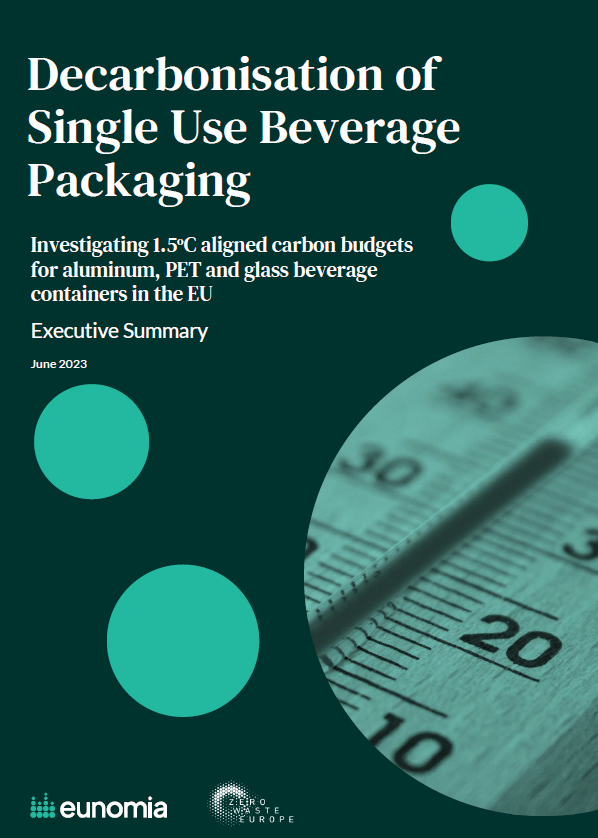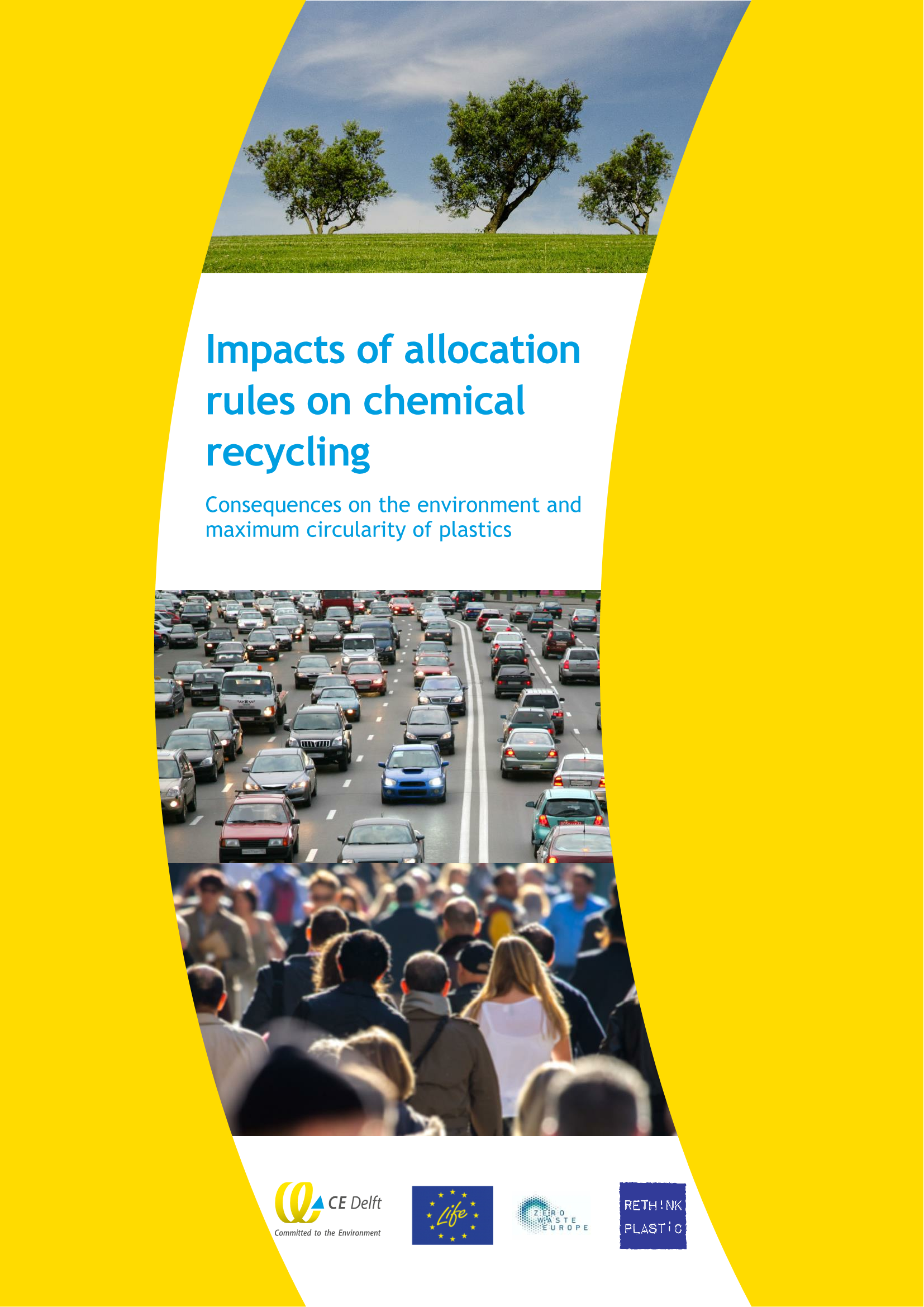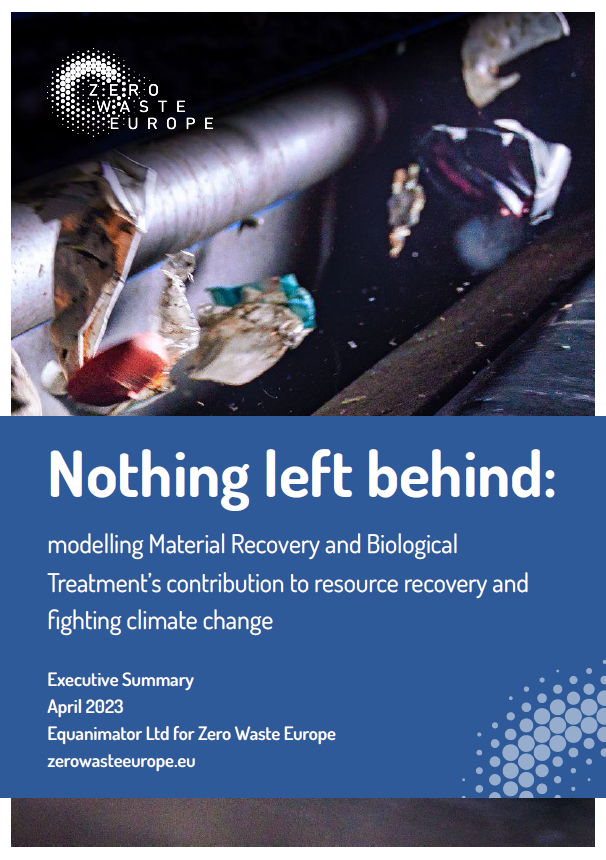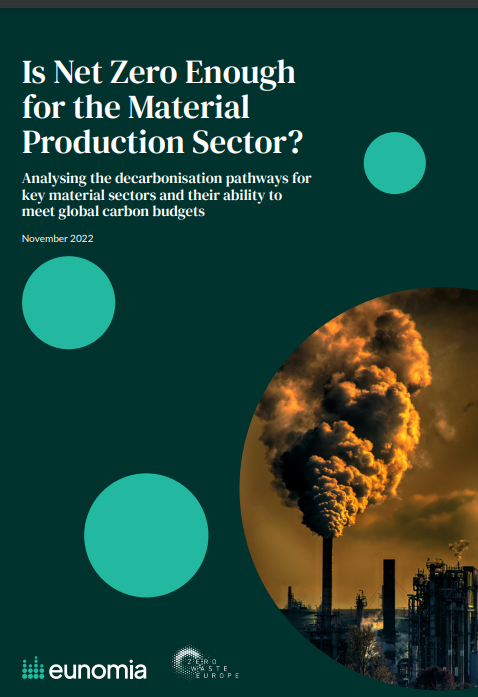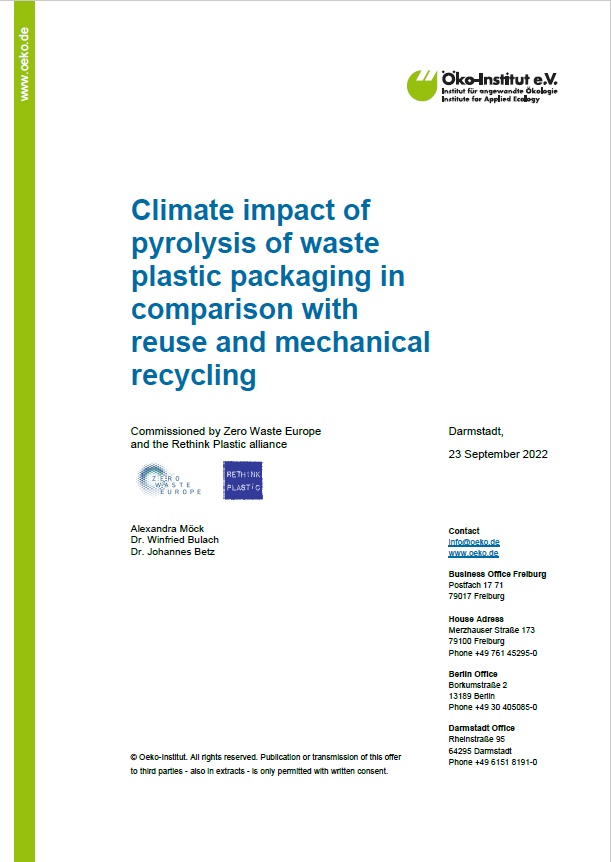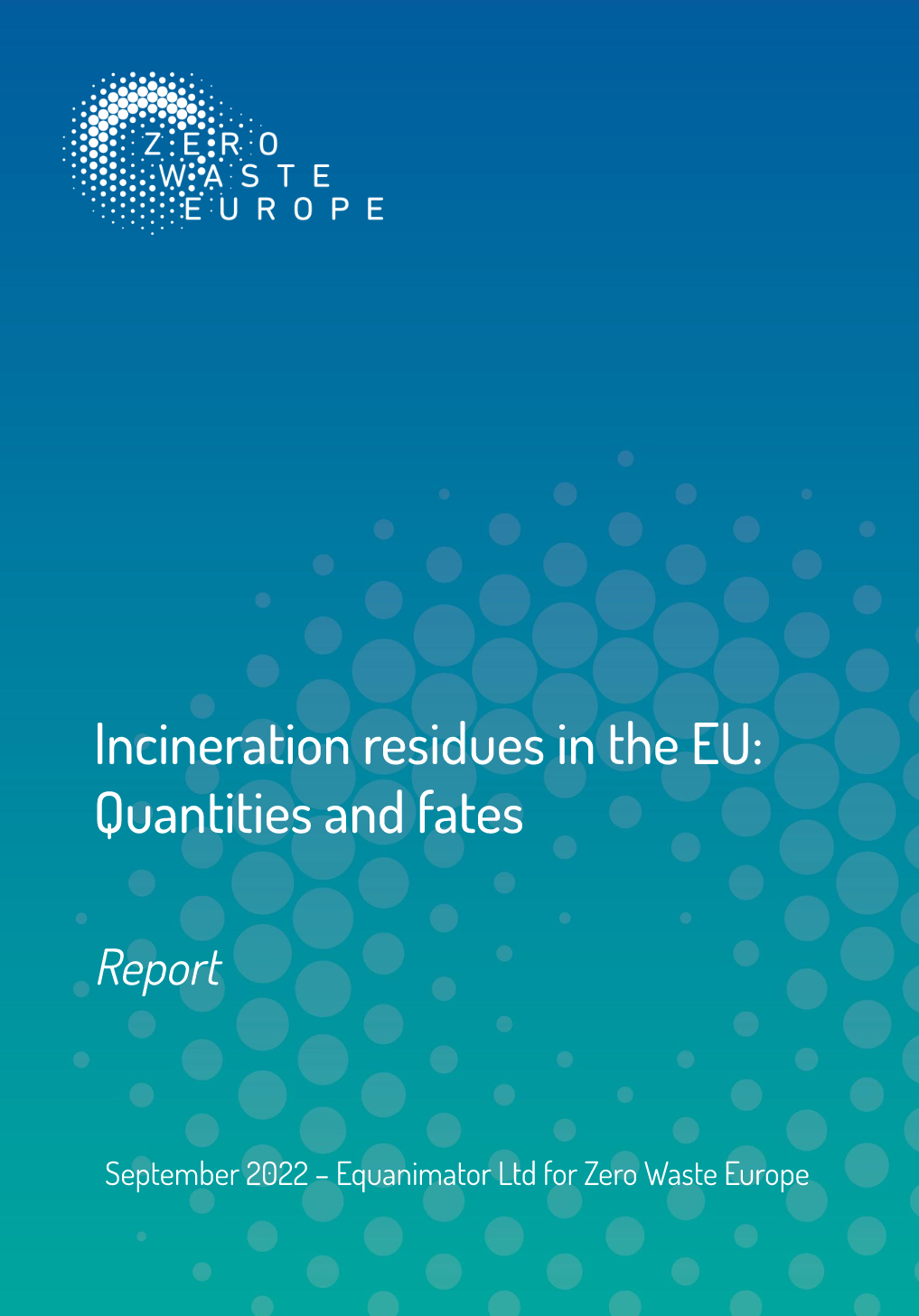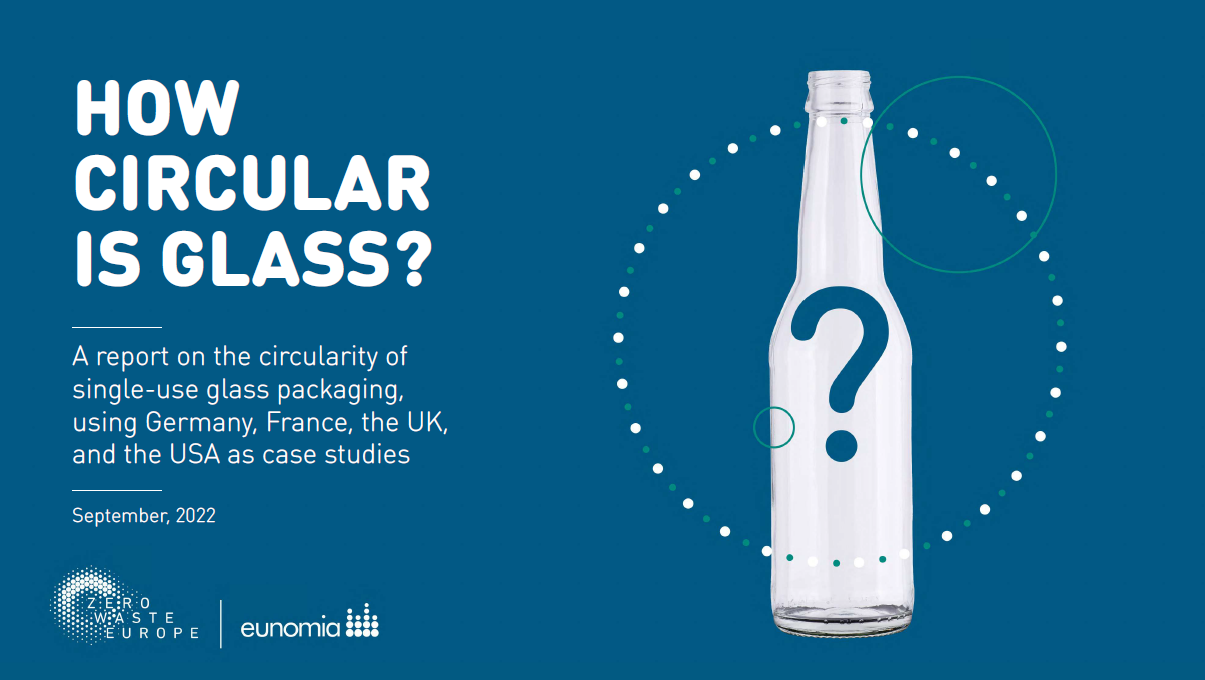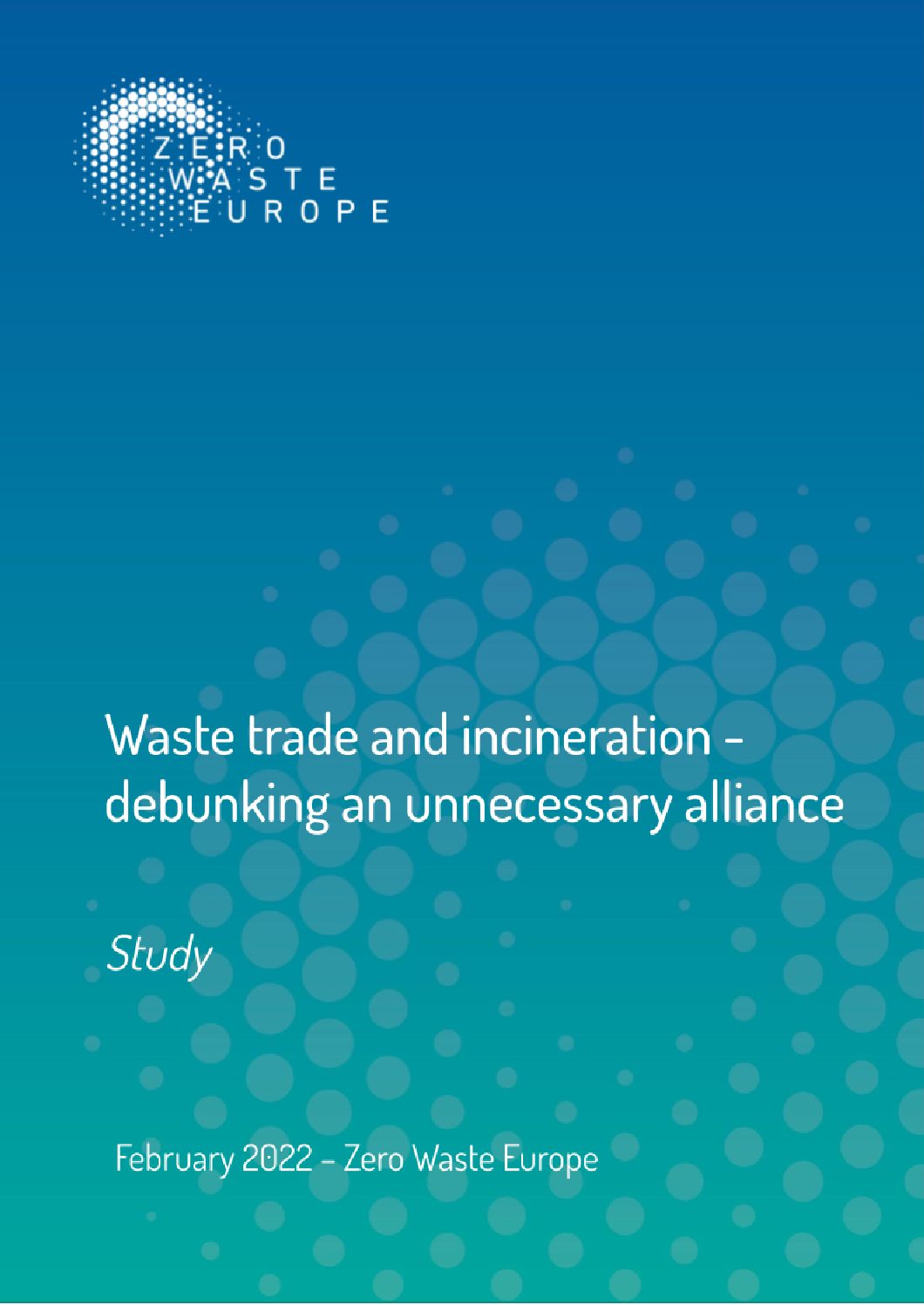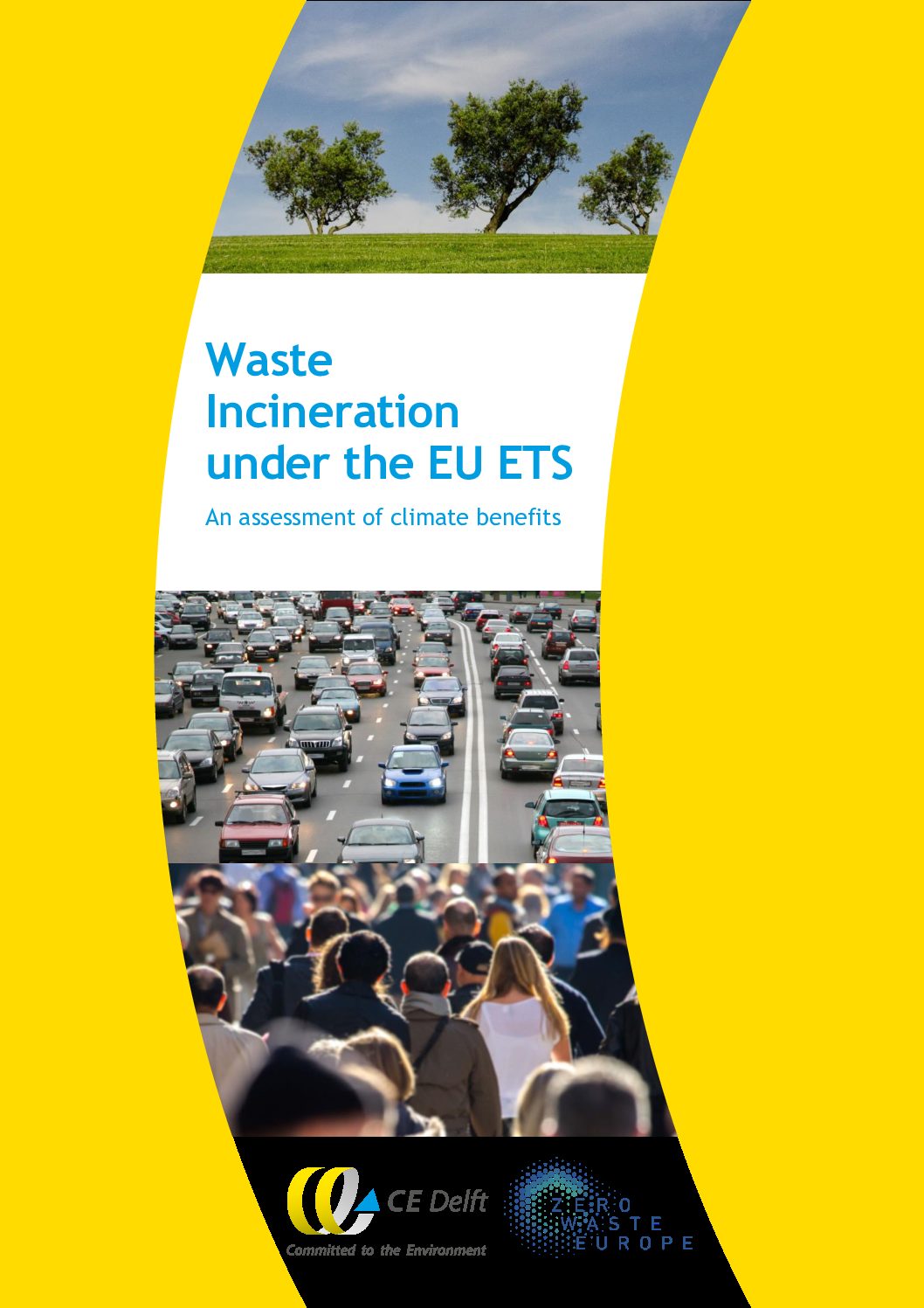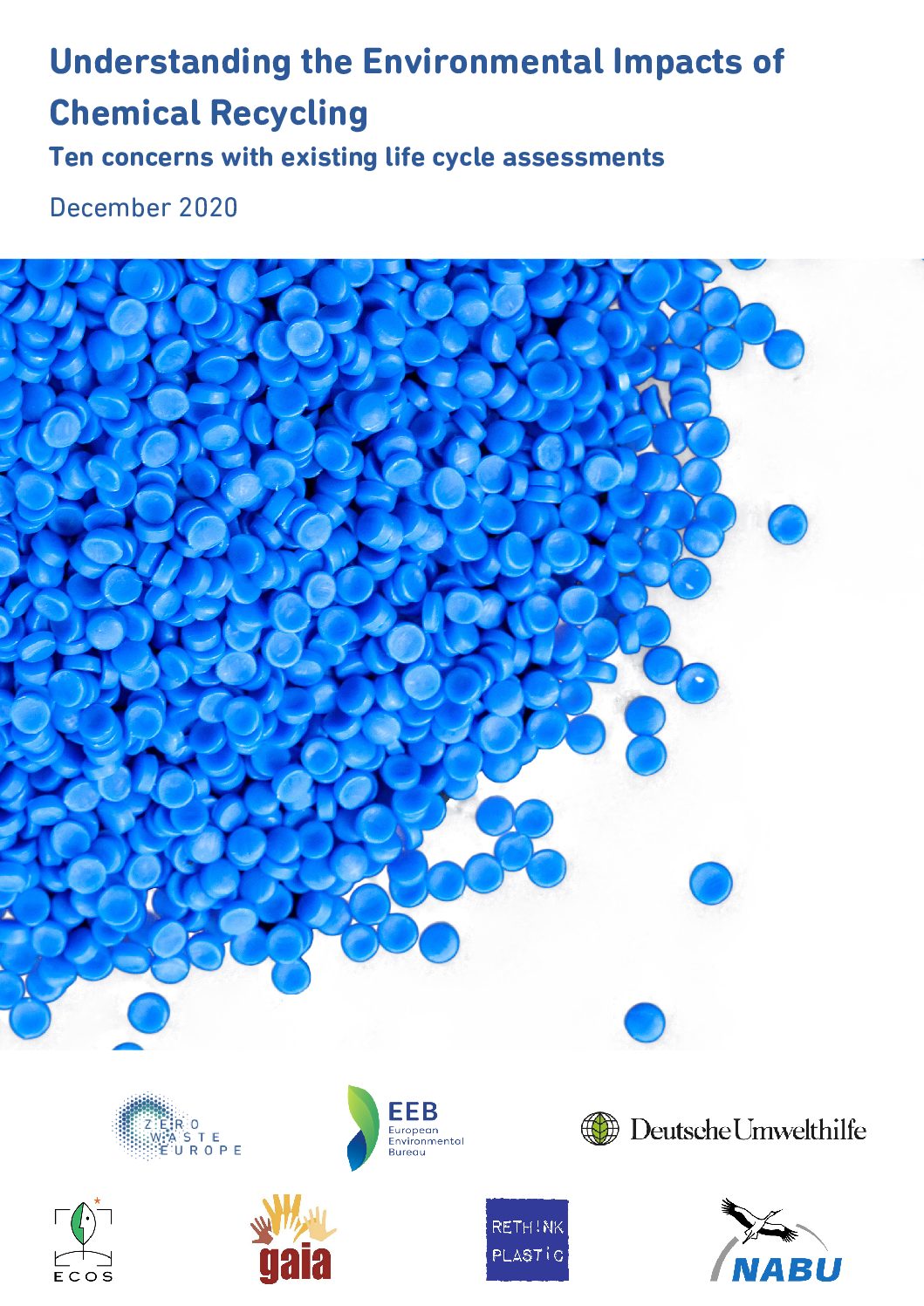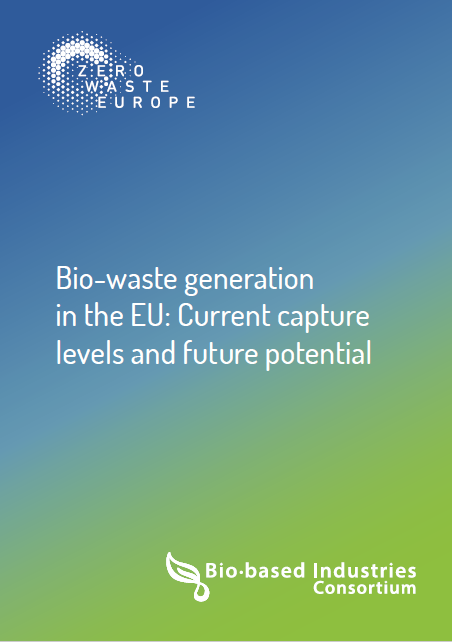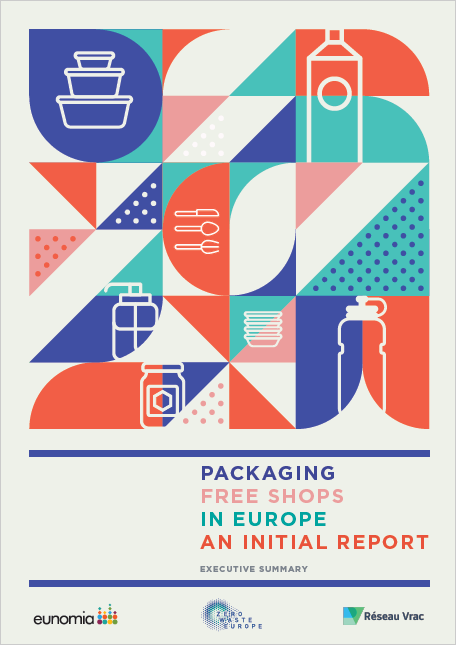This study explores mixed waste sorting as a cost-effective strategy for substantial reductions in greenhouse gas (GHG) emissions from waste incineration, challenging the viability of Carbon Capture and Storage (CCS). Comparing Leftover Mixed Waste Sorting (LMWS) and CCS, the study suggests LMWS as a swift, economical approach for municipalities and incineration operators to achieve significant GHG reductions, offering flexibility and avoiding excessive costs linked to CCS. The ‘low-regret’ nature of LMWS is highlighted, aiding Member States in meeting recycling and climate targets while reducing incineration capacity.
Available in English.
